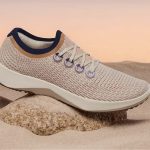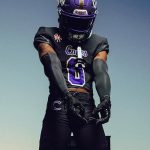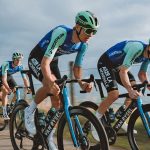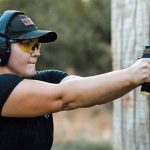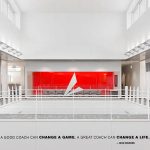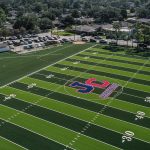Nike, Inc. has played another hand as it develops its brand segmentation strategy to penetrate all levels of the retail market. With the $43 million deal to acquire Official Starter Properties LLC and Official Starter LLC and its Starter, Team Starter and Asphalt brand names, Nike now has a solid entrée into the mass retail channel for both footwear and apparel. The deal also gives Nike control over Starters master license of the Shaq and Dunkman brands.
The business will be operated by Exeter Brands Group LLC, a newly created operating unit of Nike, Inc. that is dedicated to building brands in the value retail channel. Mary Gleason, former president and CEO of Group 3 Design, the brand management company that has managed the Starter brand since 1999, will become president of Exeter Brands Group. Gleason will run Exeter out of New York City and will report to Scott Olivet, VP of Nike, Inc. Subsidiaries. The Nike Subsidiary group is a $1.4 billion business that includes the Converse, Hurley, Cole Haan and Bauer Nike Hockey businesses.
The deal, which has been in the works for two years, gives the down-market brands access to Nikes design, development and sourcing capabilities. The move also enables Nike to establish a presence in the channel to accelerate their learning process, relieving some of the talk about a potential strategy to take at least one of the Converse brands to the channel. Nike hasnt completely walked away from that concept, according to market watchers, but appears to be putting more energy into maximizing the Chuck Taylor business and building Jack Purcell into a brand aimed at Nordstrom.
Word is that NKE has now abandoned the much-rumored Force and Blue Ribbon Sports projects which have been replaced with Starter.
“The acquisition of Starter is the next step in the evolution of Nike, Inc.'s multi-brand portfolio growth strategy and will allow us to capitalize on an important value channel opportunity,” said Tom Clarke, Nike's president of New Business Ventures. Starter, which is estimated to be generating $350 million in sales, is seen as the low-end price play for Nike Inc., with Converse in the mid-range and brand Nike at the top.
The mass retail channel is estimated to be generating $7.5 billion in retail sales in athletic apparel and $1.5 billion in athletic footwear, according to NPD data. Other industry research has the Wal-Mart athletic footwear business pegged at $650 million and athletic apparel estimated at $1.45 billion.
The channel will undoubtedly get a wake-up call as Nike, Inc. puts their considerable resources to work here. Wal-Mart will clearly get a stronger partner in their athletic footwear efforts which will put pressure on Meldisco at Kmart and create new challenges for other brands like Airwalk that have been established at Payless.
SEW expects that Starter will be positioned as a premium brand at WMT, with better make and materials and higher average price-points. Word is that there will be Nike-made Starter footwear at Wal-Mart before Easter.
Market watchers see the Exeter business generating in excess of $1.0 billion in a “very short period of time” and many feel the apparel potential is greater than the footwear potential, at least in the short term.
Regarding the Shaq license, ACI told SEW that their contract for Shaq is “in full force”, but declined to specify the length of their contract with Starter. There was no feedback from the other 25 Starter licensees. SEW estimates that ACI does about $50 million with Shaq, with the rest of the licensees generating a similar level of sales.
The Starter brand was founded in 1971 and was the dominant player in the licensed apparel business until its implosion in the late nineties. The brand was acquired out of bankruptcy 1999 by Official Starter Properties LLC and Official Starter LLC as part of a $46 million deal that saw Schottensteins grab the remaining licensed apparel inventory and liquidate it through their retail stores, primarily Value City.
>>> Word is that there is also a second womens-only brand in the works…
>>> Will this deal put more pressure on adidas and Reebok to quickly develop a down-market strategy and quickly? Or will they leverage it in the mid-market?

